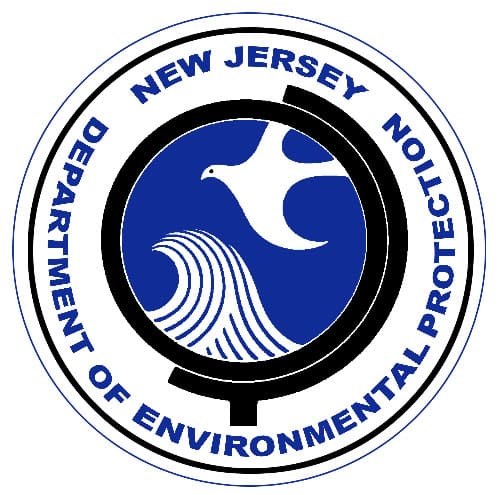New Jersey’s Christie Administration Provides Common Sense Solution That Will Help Local Governments Receive Hurricane Irene Disaster Aid
OutdoorHub 09.25.12

Consistent with the Christie Administration’s commitment to providing New Jersey residents with a more efficient government, Department of Environmental Protection Commissioner Bob Martin has signed an Administrative Order that eliminates unnecessary red tape and will allow local governments to receive money from FEMA for repairs or replacements of public infrastructure damaged by Hurricane Irene last year. Local governments will also save on unnecessary permit application and fee costs, thus saving taxpayers money.
Under this streamlined process, government agencies must submit an inventory of all infrastructure damaged by Hurricane Irene for rapid review and approval by DEP. These projects do not have significant environmental impacts because they entail replacing or repairing in-kind infrastructure, such as existing culverts, roads and bridge abutments. The Federal Emergency Management Agency, however, requires DEP approvals before releasing disaster aid earmarked for these projects.
“This streamlined process reflects the Christie Administration’s commitment to responsive and commonsense government,” Commissioner Martin said. “This will enable counties and municipalities to submit reimbursement requests and receive monies from FEMA for work they have already done and that they still need to do. At the same time, this will save local governments unnecessary costs and enable them to quickly finish the work that still needs to be done while protecting the environment.”
The order applies only to projects that were begun under an emergency DEP authorization after the storm hit or those that are currently under way as a result of Irene. Local governments will be required to document the work done and submit a certification by an engineer that the infrastructure was replaced without any modifications.
State Senator Steve Oroho, who serves the northwestern part of the state which was hit hard by the remnants of Hurricane Irene, worked closely with the DEP and Sussex County officials to review state processes that were causing inefficiencies and delaying work without providing additional environmental benefits. He also served with Commissioner Martin on Governor Christie’s Red Tape Review Group.
“This common sense solution is consistent with the recommendations of the Red Tape Review Group and provides much needed financial relief to local governments still dealing with the aftermath of Irene while still protecting the environment,” Senator Oroho said. “This order will save Sussex County significant permit fees alone and will help the county avoid other costs that matter a great deal during these tough budgetary times.”
Hurricane Irene pounded the state with heavy rains. It was one of the most devastating storms ever to hit New Jersey. Floodwaters washed out culverts, many of which pass under roadways, and scoured away embankments around bridge abutments. Governor Christie issued an Executive Order on Aug. 25, 2011, declaring a state of emergency.
Infrastructure covered by the Administrative Order includes public roads, railroads, culverts, bridges, utility lines, outfall structures, stormwater management basins, and bulkheads and similar shoreline management structures.
For information on how to apply, eligibility requirements, FAQs, the Administrative Order and other information, visit:
http://www.nj.gov/dep/landuse/announce.html#a20120925

